The Baby Boomer generation, typically defined as being born between 1946 and 1964, lived through and participated in a transformative period for civil and human rights both in the United States and globally. Here are some of the major civil and human rights gains achieved during the era.
Civil Rights Movement in the U.S.
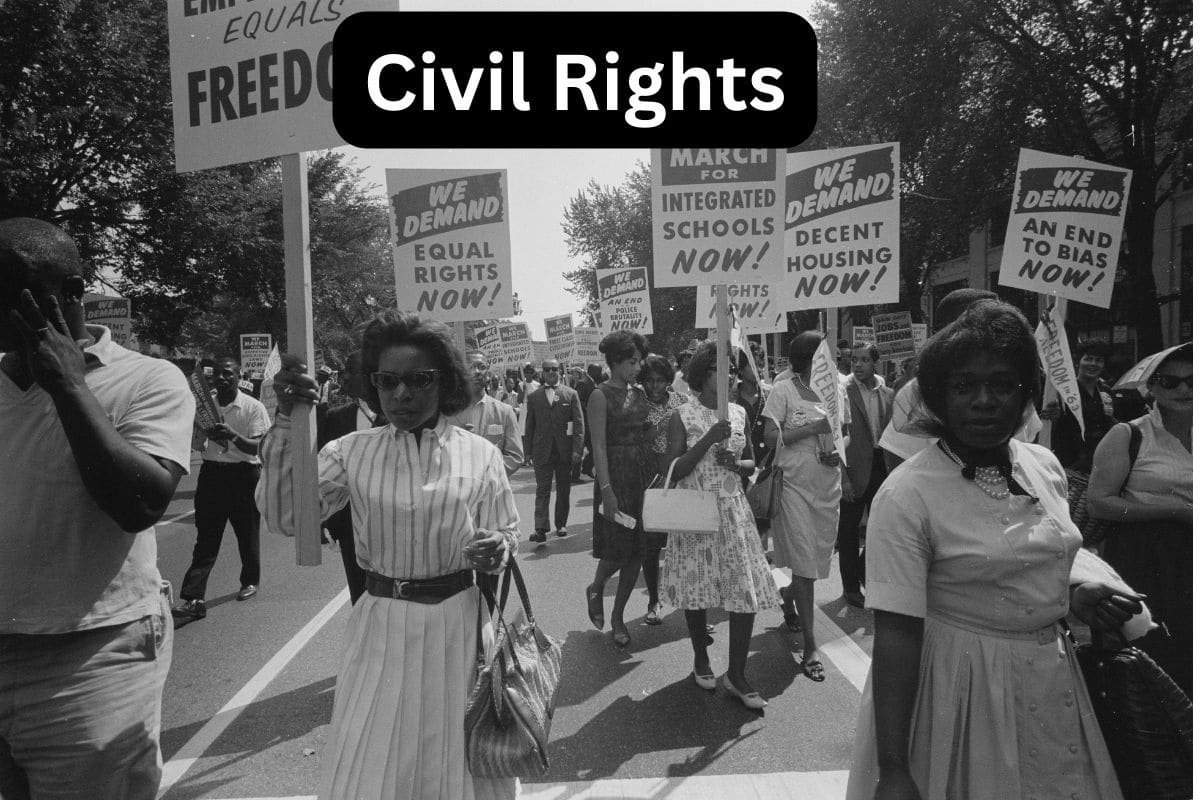
- Brown v. Board of Education (1954): This landmark U.S. Supreme Court case ruled that segregation in public schools was unconstitutional, setting the stage for broader civil rights reforms.
- Civil Rights Act of 1964: Prohibited discrimination based on race, color, religion, sex, or national origin. It ended segregation in public places and banned employment discrimination.
- Voting Rights Act of 1965: Aimed to eliminate racial discrimination in voting, particularly relevant in Southern states where African Americans had been disenfranchised.
- Fair Housing Act (1968): Prohibited discrimination concerning the sale, rental, and financing of housing based on race, religion, national origin, or sex.
Women’s Rights
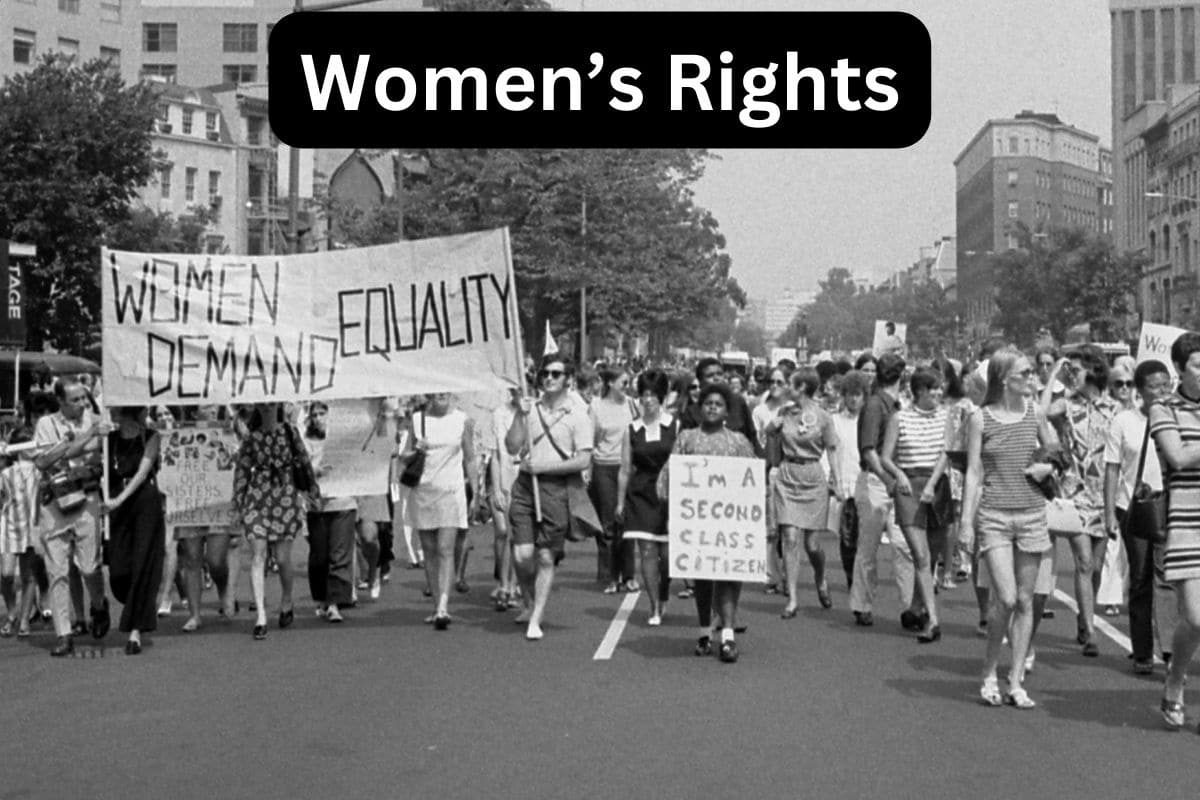
- Second-wave feminism: Focused on issues such as reproductive rights, workplace discrimination, and the “glass ceiling.”
- Title IX (1972): Prohibited sex-based discrimination in federally funded education programs and activities, significantly improving women’s access to higher education and athletics.
- Roe v. Wade: In 1973, the Supreme Court ruled that the constitutional right to privacy extends to a woman’s decision to have an abortion.
LGBTQ+ Rights
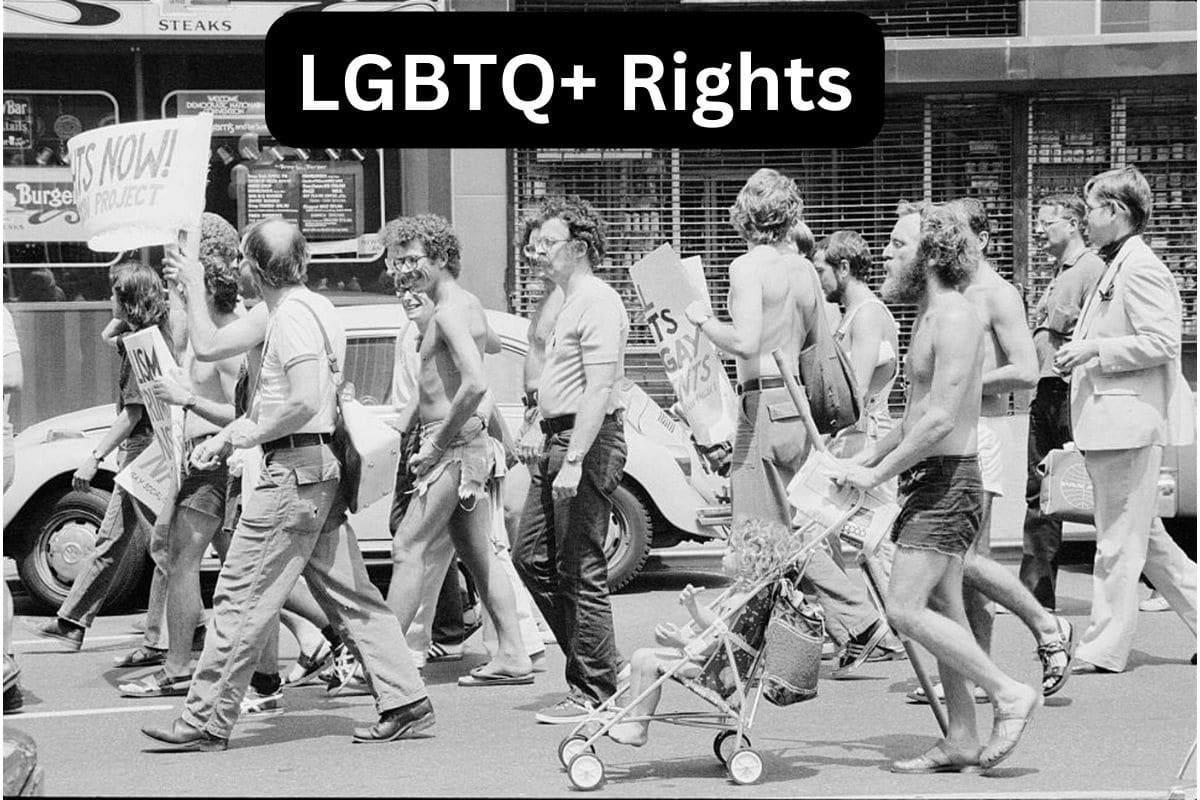
- Stonewall Riots (1969): A turning point for the modern LGBTQ+ rights movement, leading to the establishment of Pride and LGBTQ+ advocacy organizations.
- Decriminalization of Homosexuality: During the late 1960s and early 1970s, several countries and U.S. states began to decriminalize homosexuality.
Disability & Discrimination Rights
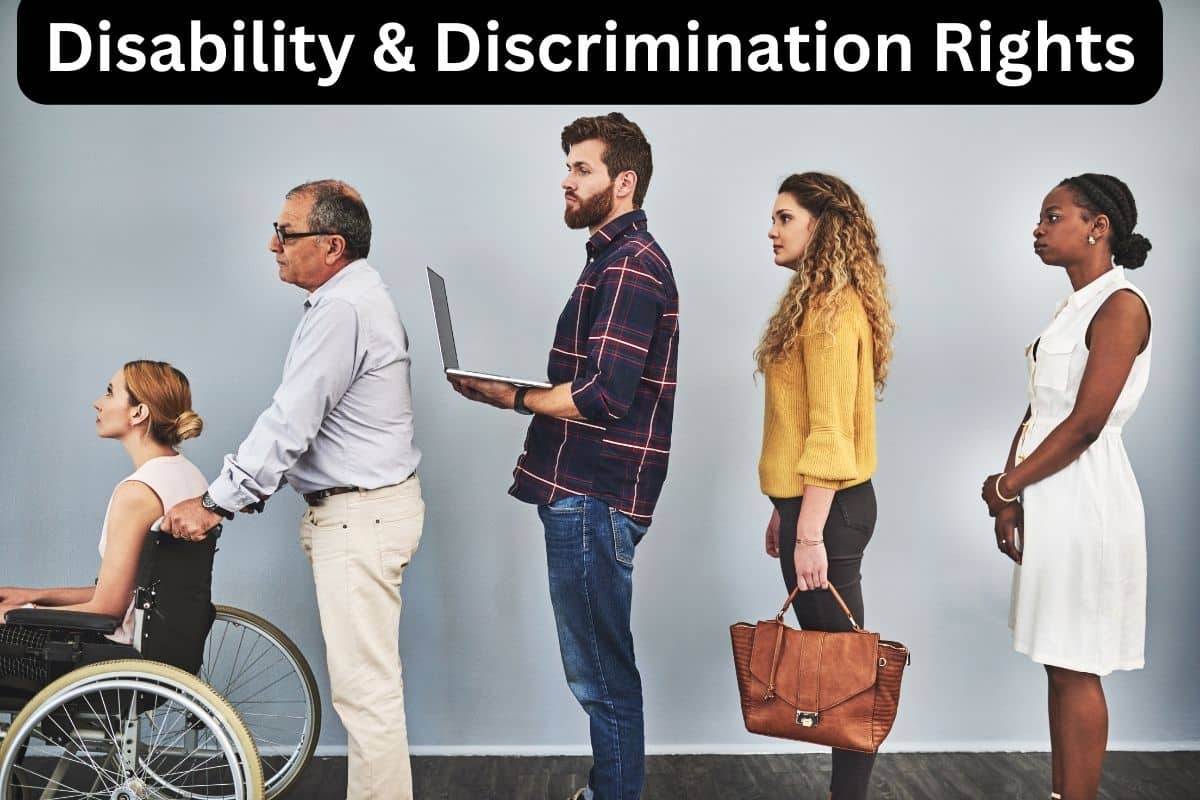
- Rehabilitation Act (1973): Section 504 made it illegal for federal agencies, public universities, and other public institutions receiving any federal funds to discriminate based on disability.
- Education for All Handicapped Children Act (1975): Now known as the Individuals with Disabilities Education Act (IDEA), it requires public schools to provide free, appropriate education to children with disabilities.
- Age Discrimination in Employment Act (ADEA): Enacted in 1967, this law protects individuals aged 40 and older from employment discrimination based on age.
Human Rights Globally
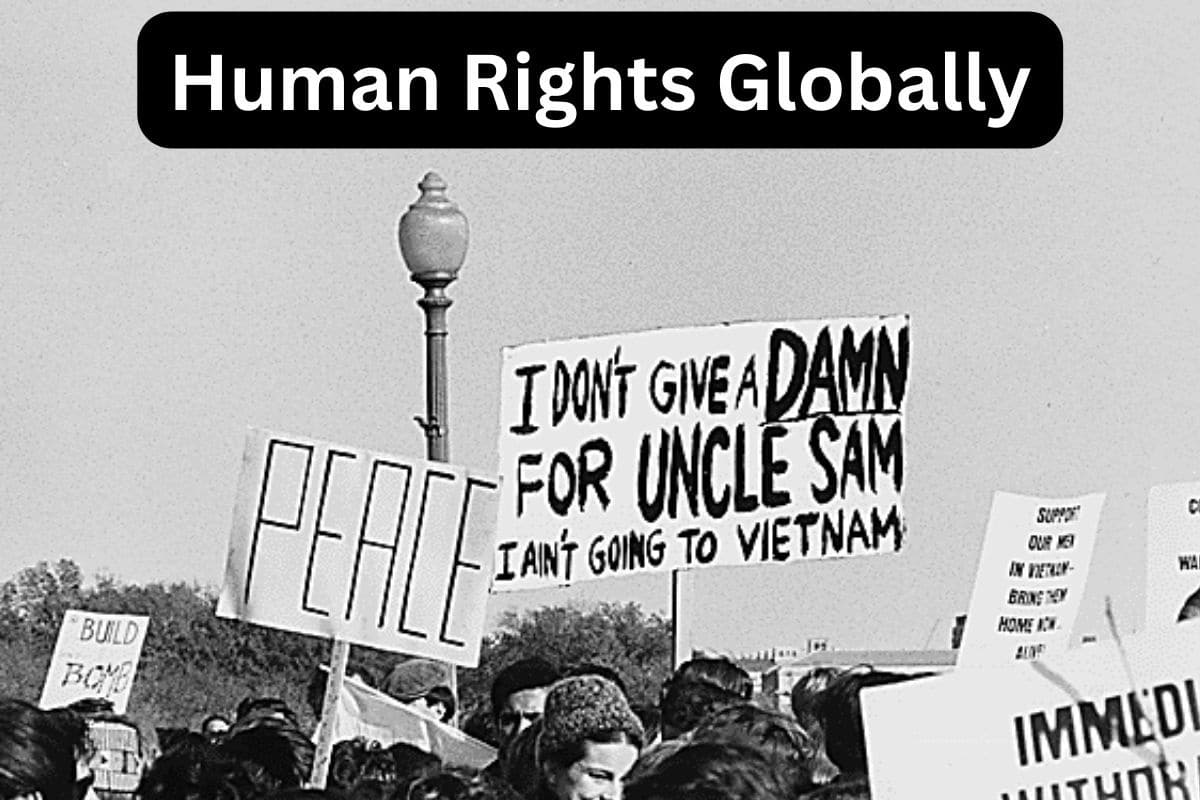
- Anti-Apartheid Movement: International pressure, partly driven by Boomer activism, helped bring an end to apartheid in South Africa in the early 1990s.
- Vietnam War Protests: Widespread protests against the Vietnam War influenced public opinion and policy, drawing attention to human rights abuses.
Environmental Rights

- Earth Day: Established in 1970, it became a global event focused on promoting environmental awareness and activism.
- Environmental Protection Agency (EPA): Created in 1970, the EPA was established to protect human and environmental health.
These are just some highlights. The activism and societal shifts during the Boomer generation laid the groundwork for ongoing civil and human rights battles today.
Boomers & Millennials Agree: We Are Losing Interest In These 13 Things

Our general population is aging, and for those of us who are “older” (whatever that means) there tends to be a change in the way we view the world and how we move through life.
This question was asked on Reddit: “What’s Something That Seems Increasingly Unappealing The Older You Get?” Can you guess? There seems to be consensus on at least 13 things. Anything missing from this list?
Check out the answers. Some of you whipper snappers might be surprised and will likely say “no way”, but time will tell! Read: Boomers & Millennials Agree: We Are Losing Interest In These 13 Things
19 Of The World’s Most Overrated Foods

We have foods we love, and those we won’t touch. We all have our own likes and dislikes, but what are the most overrated foods? That was the question posed on this Reddit thread by Even_Cause_3478. There were a lot of opinions. Some made sense to us, and some were things we had never thought of before!
What is the most overrated food in your opinion?
Click for 19 Of The World’s Most Overrated Foods







